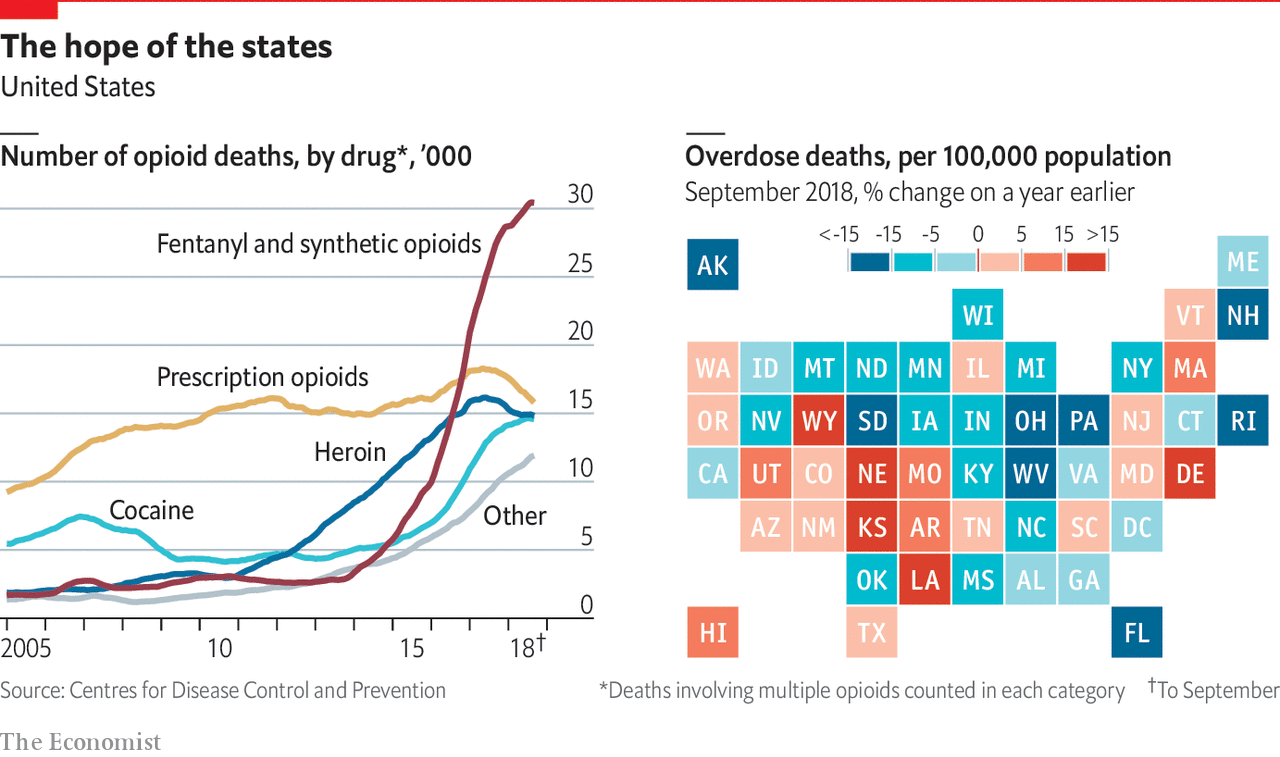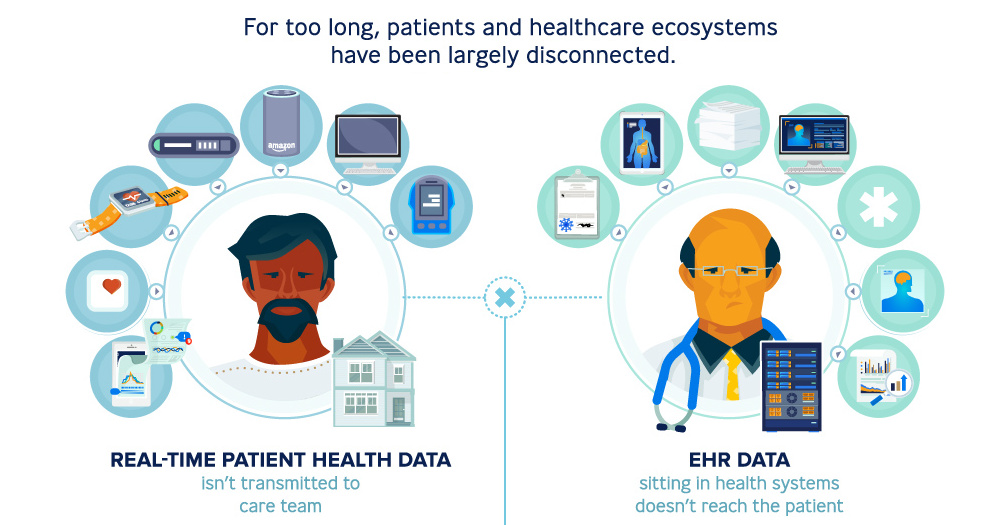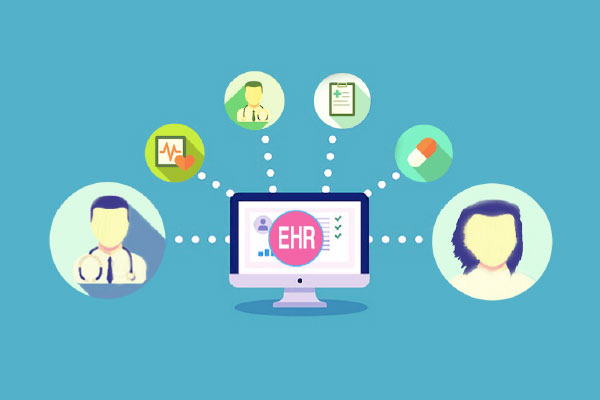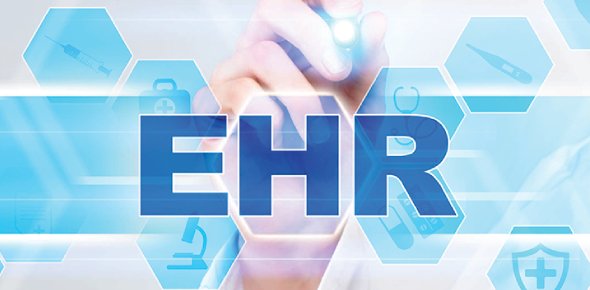A survey conducted in 2018 revealed that in the US alone, 128 people die on a daily basis due to opioid overdoses. In this article, we will read about can EHRs help fight the Opioid Crises?
With the American government pulling out all the stops to keep the crisis under control, the situation calls for all hands to be on deck. This means that all stakeholders directly or indirectly involved with the health system must play their part to manage the opioid crisis.
Because doctors are primarily responsible for prescribing these drugs with the help of Electronic Health Records (EHRs), we can’t help but wonder if EHRs can indeed help fight the opioid crisis.


The Problem
While the previously mentioned stats are alarming, the reality is that you can’t disregard the need for prescribing these drugs to patients.
Opioids are known to provide instant relief to individuals that experience intense pain such as surgical, cancer and trauma patients. The only problem with these prescription drugs is that over time they lead to interdependence. As a result, misuse of and addiction to the drugs occurs.
The following statistics should help put things into perspective:
- Between 8 and 12% of patients who are prescribed pain killers eventually develop an addiction disorder
- 58 in every 100 patients are prescribed opioids in one form or another
- Opioids account for the deaths of one in every five Americans
The Potential Solution: Could EHRs Help Fight the Opioid Crisis?
The American government is doing everything it can to keep the situation under control by introducing measures such as:
- Collection programs for unused painkillers from patients
- Devising medical policies aimed at reducing overprescribing
- Introducing safe-injection sites
Because Electronic Health Records play a huge role in patient care and treatment, it’s only logical that they contribute in controlling the epidemic.
How?
One of the approaches that the Centres for Medicare & Medicaid Services (CMS) came up with to fight the epidemic includes improvement in EHRs data utilization. Why?
EHRs provide real time data to doctors treating their patients. As such, with regards to opioids, this software provides first-hand information to caregivers regarding:
- The patient’s medical history with opioid usage
- How often these drugs were prescribed to the patient
- How long they’ve taken them
Using this information, a doctor is better able to ascertain a patient’s:
- Relationship with the drug
- Possible abuse
- Possible over-dependence on the drug


After identifying a negative history that suggests misuse of the drug, the doctor in question will take the necessary to steps to avoid possible overdose by:
- Reducing quantities of the drugs prescribed to the patient where possible
- Minimizing the duration in which the patient must take the prescribed opioids
- In extreme cases, avoiding prescribing the drugs altogether and opting for alternative medication
Is this Feasible?
While the outlined control measures are in place, you can’t help but wonder if they’re altogether feasible. In other words, can EHRs successfully provide the necessary information to control this pandemic?
It certainly looks good on paper, but the reality is that EHRs may face a few challenges in fulfilling their part such as the following.
Outdated Records
Practices may have outdated medical records. The idea is for every physician to access a patient’s medical file in real time to retrieve the necessary information. But sometimes the primary doctor may not update the necessary information in time. Either that or the patient’s visits to specialists or ER centres may not be documented.
Using Outdated Technology
Different medical practices use different software. Unfortunately, certain practices may be using outdated technology that makes it difficult to retrieve the necessary information in real time. Either the software formatting isn’t user friendly or the entire data retrieval process is too time-consuming for physicians and so they skip it.


Variations in State Policy
Depending on which state the practice is located in, there may be policies against disclosure of such information.
Physicians to Blame?
Not all blame lies on EHR state policies or the technology used by medical practices. It’s not unusual for doctors treating patients to have all the necessary data but still not retrieve it. They may opt to engage directly with patients rather than sift through data on a computer screen.
EHR & Pharmaceutical Companies to Blame?
Unfortunately, some of the efforts to keep this epidemic under control are sabotaged by the EHR companies themselves—with the help of pharmaceutical companies.
Case in point; Practice Fusion EHR admitted to taking a $1 000 000 kickback from a certain major opioid company that wanted to actively be involved in the designing of Practice Fusion’s EHR software.
The drug company wanted their marketing companies to create alerts on the EHR software that promotes the unnecessary prescribing of their opioid drugs. This was aimed at increasing the sales of opium-based drugs from the pharmaceutical company in question.
As you can imagine, this not only put patients’ lives at risk, but it also compromised the integrity of genuine EHR companies. Practice Fusion EHR agreed to a $145 million dollar settlement.


The Solution: How to Address the Challenges
To make EHRs more effective, the following steps are necessary:
- Data must be updated regularly
- Systems must be integrated so that data is retrieved effortlessly and quickly
- Software must include integrated prompts to flag the most current information regarding a patient’s opioid usage history
- Default the prescription orders to lower dosages
- Input reminders for caregivers to follow up on patients that were treated with opioid drugs
- Penalize EHR companies that are involved in any illegal activities that promote illegal administration of opioids putting patients’ health at risk
Wrapping Up
Physicians across the country rely on EHR records to effectively treat their patients. These records provide them with crucial information about a patient’s medical history. As a result, they make important decisions to treat patients based on the information provided.
If EHR companies actively participate in devising software that establishes patient relationships with opioid drugs, doctors can take heed of this information and use it to treat patients accordingly. This way, EHRs can be incredibly impactful at keeping the opioid crisis under control.
You can also read about: 7 Keys to Come up with Highly Effective Sales Strategies for your Business
















